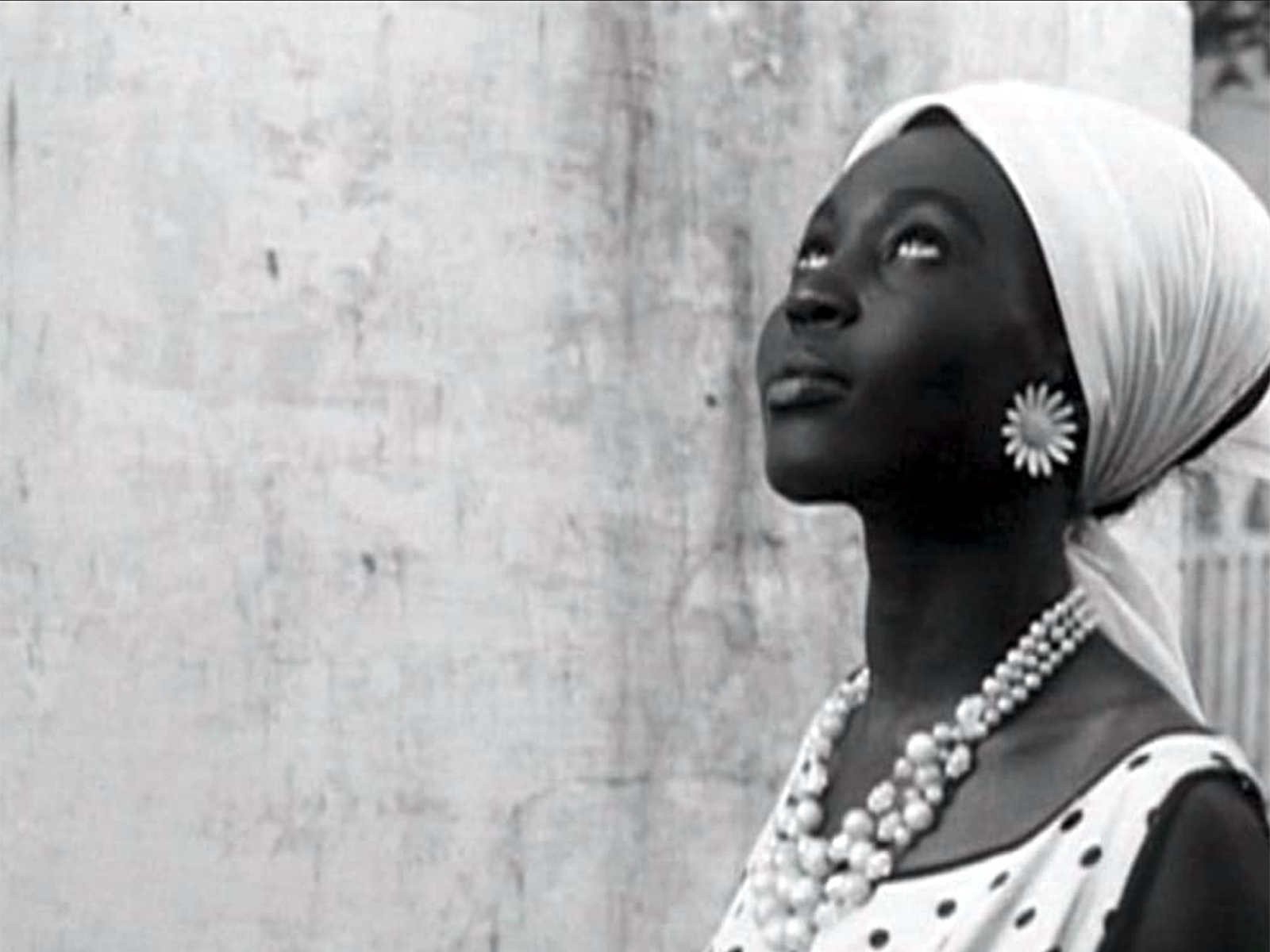
- Industry
African Cinema: Breaking the Stereotype
While Hollywood made thousands of films from the 1920s to the 1960s, the African film industry can only be traced back to the decolonization period of the continent. What film production existed under foreign rule was stereotyped, and merely used Africa as an “exotic” background for Western cinema.
Africa is a vast continent, and its countries and cultures have their own specific cultural, political and geographical backgrounds and elements that are uniquely expressed in a myriad of manners in their films. However, the Egyptian film industry is the oldest industry on the African continent, already producing classic silent films in the ‘20s, like Kiss in the Desert (1927). The late 1950s and the early 1960s saw a wave of African countries gain independence and with that, the African cinema industry started to develop. Numerous African countries obtained their independence and some, like the former French colonies, received technical and financial support from the French Ministry of Cooperation.
Sembène Ousmane (1923-2007) a Senegalese film director, producer and writer was one of the pioneers of the African film industry and was often referred to as the “Father of African Films”. His first feature film, La Noire de…, (1966), based on one of his own short stories was the first feature film ever released by a sub-Saharan African director in 1966. Sembène’s films were always centered around the history of colonialism, the failings of religion, the critique of the new African bourgeoisie, and the strength of African women. Sembène directed his last film in 2004, a feature titled Moolaade that won multiple awards at the 2004 Cannes Film Festival. At a seminar during the 2005 Cannes Film Festival, Sembène said, “I was gripped by the need to discover Africa, not just Senegal but just about the entire continent…I became aware that I had to learn to make films if I had to really reach my people. A film can be seen and understood even by illiterate people, a book cannot speak to the entire population”. Filmmakers like Sembène and Oumarou Ganda, thus used the art of filmmaking as a political instrument to rightly restore their image which had been wrongly depicted by Westerners.
African cinema came to strongly feature social and political themes and the neocolonial condition. In 1969 the Pan-African Film Festival, Fespaco, was created. Held in Burkina Faso every two years, it is the biggest film event that is regularly held on the African continent. Then, slowly but surely, the Nigerian Film industry emerged as one of the prominent film industries of the world. Directors such as Hubert Ogunde and Moses, transitioning into the big screen from the theater, made the Nigerian Film Industry the second largest film industry in the world. The oil boom of 1973 through 1978 also contributed immensely to the growth of cinema culture in Nigeria, as Nigerians’ purchasing power increased. The popular 2009 thriller film The Figurine is generally considered the game-changer which heightened media attention towards the ‘New Nigerian Cinema‘ revolution. The film was a critical and commercial success in Nigeria, and it was also screened at various international film festivals. Several grants have been given by the Nigerian Government, to support quality content in Nigerian films. In 2006, ‘Project Nollywood’ was launched by the Nigerian Government, in conjunction with Ecobank.
African cinema undeniably needs to develop its own way of making films, support local initiatives, and invest in cinematic cultures. Although the African film industry does not currently attract the same levels of popularity claimed by the well-developed European and American industries, it has shown significant growth and progress in recent years. Lionheart, a 2018 Nigerian film premiered at the 2018 Toronto International Film Festival. Produced by Chinny Onwugbenu and directed by Genevieve Nnaji the film was acquired by Netflix making it the first Netflix original film from Nigeria. This goes to prove that the African film industry has thrown off its colonial shackles focusing on individual identities, strengthening themes and focusing on the technical aspects.

